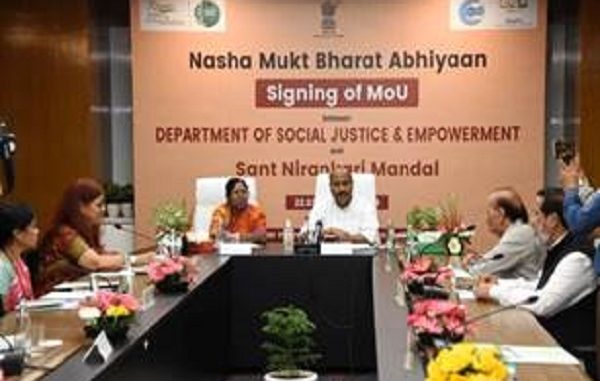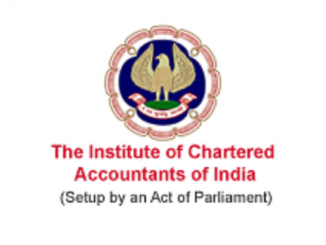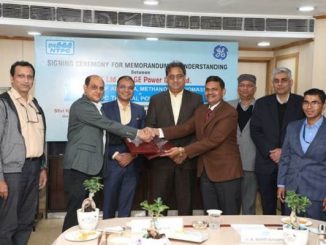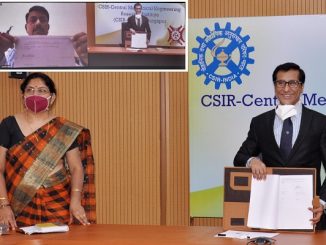
Mar 23: Substance use disorder is an issue that is adversely affecting the social fabric of the country. Dependence on any substance not only affects the individual’s health but also disrupts their families and the whole of society. Regular consumption of various psychoactive substances leads to dependence on the individual. Some substance compounds may lead to Neuro-Psychiatric disorders, cardiovascular diseases, as well as accidents, suicides and violence. Therefore, substance use and dependence need to be viewed as a psycho-social-medical problems.
As per the report of the first comprehensive National Survey on Extent and Pattern of Substance Use in India conducted by the Department of Social Justice & Empowerment through the National Drug Dependence Treatment Centre (NDDTC), AIIMS, New Delhi, Alcohol is the most common psychoactive substance used by Indians followed by Cannabis and Opioids.
To curb the menace of drug demand, the Ministry of Social Justice and Empowerment (MoSJE), Government of India has been implementing the National Action Plan for Drug Demand Reduction (NAPDDR) which is an umbrella scheme under which financial assistance is provided to State Governments/ Union Territory (UT) Administrations for Preventive Education and Awareness Generation, Capacity Building, Skill development, vocational training and livelihood support of ex-drug addicts, Programmes for Drug Demand Reduction by States/UTs etc. and NGOs/VOs for running and maintenance of Integrated Rehabilitation Centres for Addicts (lRCAs), Community-based peer Led intervention (CPLI) for early Drug Use Prevention among Adolescents and Outreach and Drop-In Centres (ODIC) and District De-addiction Centres (DDACs) in the identified districts and Addiction treatment facilities (ATFs) in Government Hospitals’.
Further, the Ministry has initiated ambitious Nasha Mukt Bharat Abhiyaan (NMBA) currently operational in 372 districts of the country with an aim to create awareness about the ill effects of substance abuse among the youth, with a special focus on higher education institutes, university campuses, schools and reaching out into the community and garnering community involvement and ownership of the Abhiyaan.
Achievements of NMBA:
- Till now through the various activities undertaken on the ground 9.57+ crore people reached out so far
- 8,000 Master Volunteers have been selected and trained to lead the Abhiyaan activities in the 372 identified districts
- More than 3.13+ crore youth have actively participated in the activities of the Abhiyaan and spreading on-ground the message against substance use. Around 4,000+ YuvaMandals, NYKS & NSS Volunteers, and Youth Clubs have also been associated with the Abhiyaan.
- The contribution of 2.09+ Crore women has also been vital in reaching out to a larger community through the Anganwadi& ASHA Workers, ANMs, MahilaMandals & Women SHGs
- Technology and Social media have been effectively utilized to spread the message of the Abhiyaan online by creating handles on Facebook, Twitter & Instagram and sharing daily updates on them.
- An Android-based mobile Application has been developed to capture the data of activities happening on the ground on a real-time basis by the districts and master volunteers. This App has been placed on the Google Play Store.
- All the de-addiction facilities have been geo-tagged for ease of access by the public.
A special initiative under the NMBA is an association of religious/spiritual organizations for carrying out various activities under the NMBA and spreading the message of NMBA under their banner. Taking a step in this direction, the Department of Social Justice & Empowerment is entering into an MoU with the Sant Nirankari Mandal, Burari Road, Delhi for spreading the message of NMBA among the youth, women, students etc. The ceremony will be held in Dr Ambedkar International Centre, 15 Janpath, New Delhi on 22nd March 2023 at 02:30 pm in the presence of Dr Virendra Kumar, HMSJE, MoSs (SJE), Senior officers of the Department and senior members of the Sant Nirankari Mandal management.
With the signing of this MoU, the Department of Social Justice & Empowerment feels that the implementation of NMBA will get a boost towards achieving a drug-sensitized India.
Disclaimer: We donot claim that the images used as part of the news published are always owned by us. From time to time, we use images sourced as part of news or any related images or representations. Kindly take a look at our image usage policy on how we select the image that are used as part of the news.


